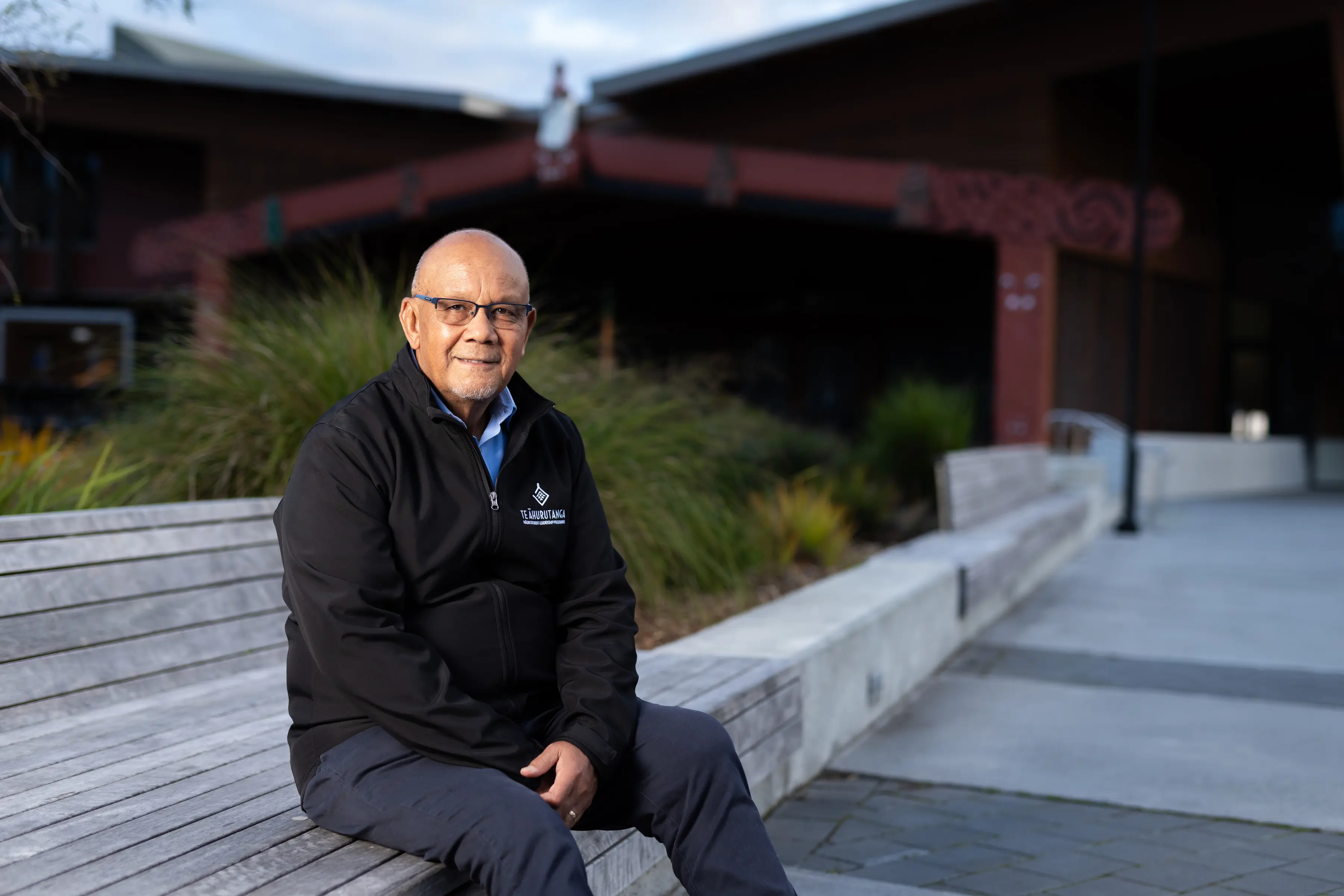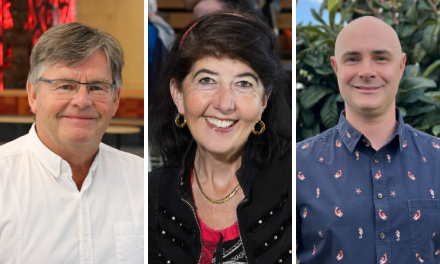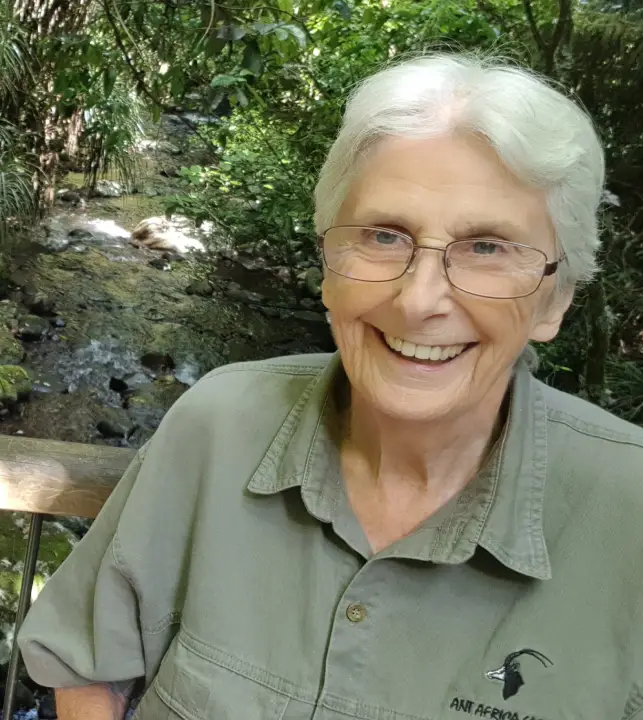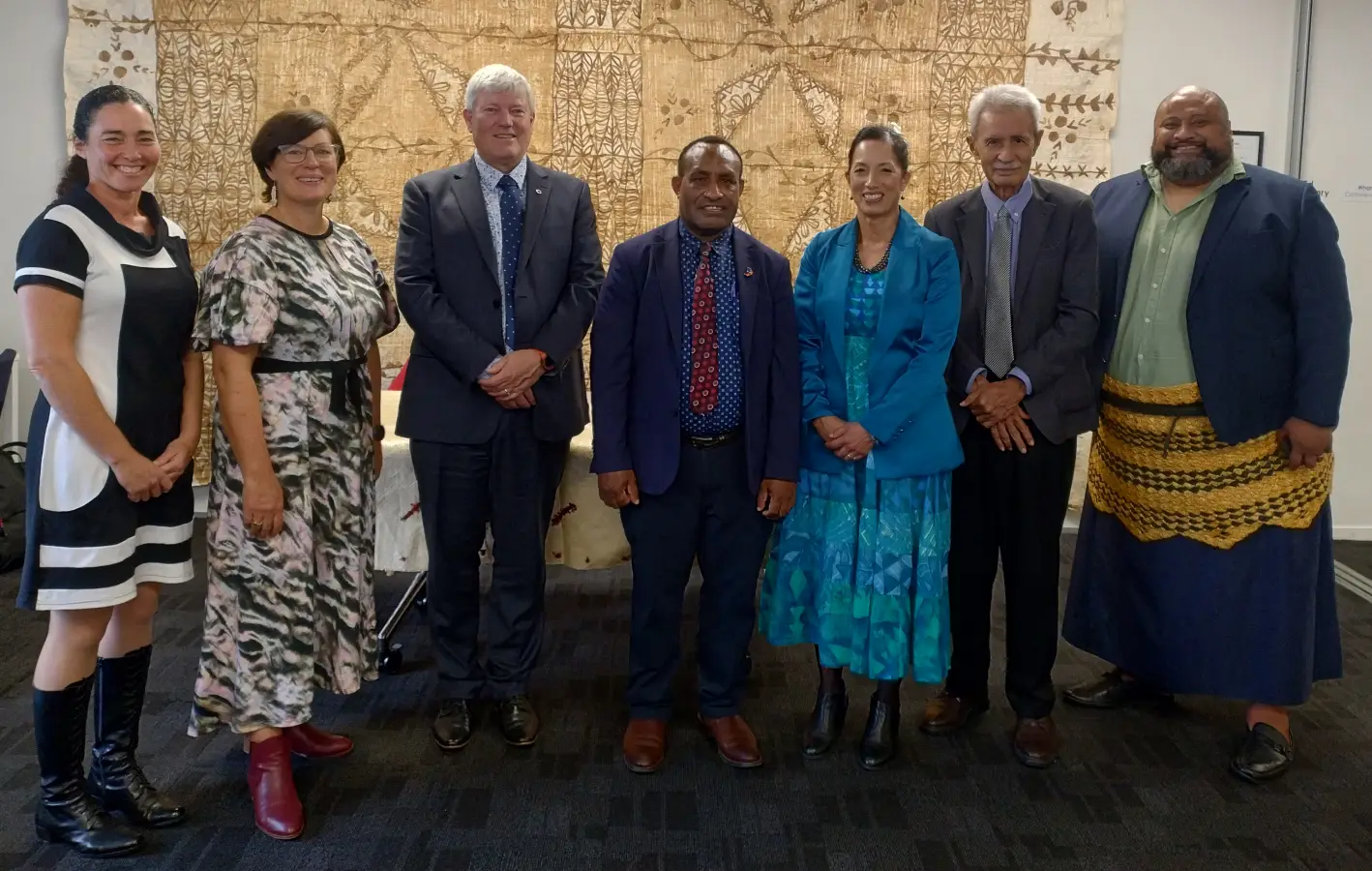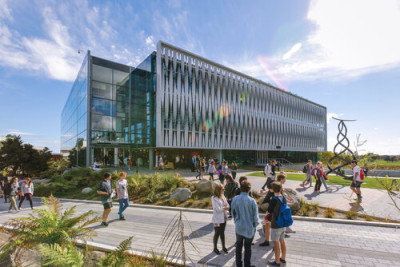
Tēnā koutou katoa,
Last year the University of Waikato was the subject of a number of claims about racism. While the specific complaints of racism were found to be unwarranted, the report of Hon Hekia Parata and Sir Harawira Gardiner highlighted that as a University founded in settlement history and adhering to western university traditions and cultures, there was structural, systemic and casual discrimination at the University of Waikato.
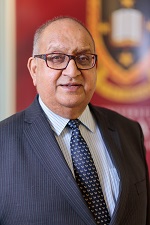
Sir Anand Satyanand
The University Council has given this matter urgent attention. Waikato is a distinctive and multicultural University that is deeply connected to its heritage and history. We pride ourselves in attracting the highest proportion of Māori students in New Zealand, in the quality of our teaching and research programmes in Māori and Indigenous Studies, and in the range of research programmes across the University utilising mātauranga Māori.
In October a Taskforce led by two senior members of staff was formed to develop a plan to address the issues raised in the Parata Gardiner Report. Following consultation with students and staff, the Taskforce presented their report to Council at its meeting on 30 March and it was unanimously accepted. The Taskforce report can be found here.
Key Themes
The Taskforce identified three key outcomes that should characterise the future state of the University of Waikato.
- The University of Waikato is experienced as a welcoming, inclusive and affirming environment by staff and students of all cultures, as well as tangata whenua, and where systemic racism has been dismantled and casual racism is rejected.
- The mana of tangata whenua teaching, learning and working at the University is enhanced and the University enjoys strengthened and enriched relationships with Waikato-Tainui, the Kīngitanga, the iwi of Tauranga Moana and wider tangata whenua of Aotearoa, offering a model for other decolonisation efforts in Aotearoa and internationally.
- All staff and students enjoy enhanced academic experiences and results from the weaving of mātauranga Māori through existing teaching and research approaches.
Next Steps
We are about to embark on a long-term programme of work. While a number of initiatives are already underway, some pre-dating the Taskforce, the scope and scale of transformation required to achieve some of the above outcomes is significant.
The University Council has requested that the Vice-Chancellor and senior leadership team develop a detailed work plan and timeline that is informed by the report, bringing to life the outcomes highlighted and leading the transformation we need.
Work to deliver on the Council’s request has already started and a proposed work plan and timeline will be reported back to Council in the coming months. Opportunities for staff and students to share their views will be made available.
The Council will remain highly engaged with this programme of work and along with the wider University community, will be kept updated by the leadership.
On behalf of the Council I would like to acknowledge the time taken by the University community to engage with the work of the Taskforce, and in particular those who have shared their experiences and offered feedback on ways forward.
I would also like to thank the members of the Taskforce led by Co-Chairs Professor Linda Tuhiwai Smith and Professor Alister Jones for the work they have done in engaging with the University over the last few months and for the care and consideration they have given in developing this comprehensive report.
As it is said in the report, the work involved is urgent, important and challenging. It requires a whole-of-institution approach with strong leadership, commitment and courage to change. I look forward to the University of Waikato community rising to this challenge.
Ngā mihi nui,
Sir Anand Satyanand
Chancellor
Read more about the Taskforce
